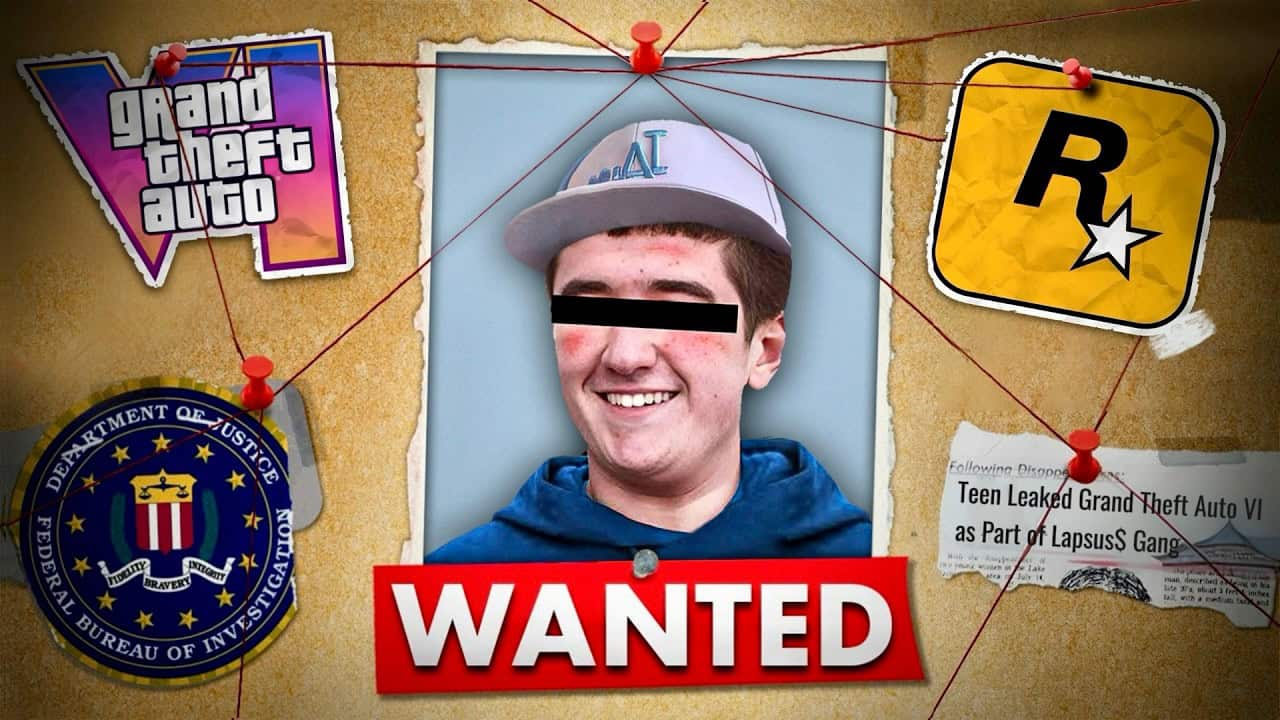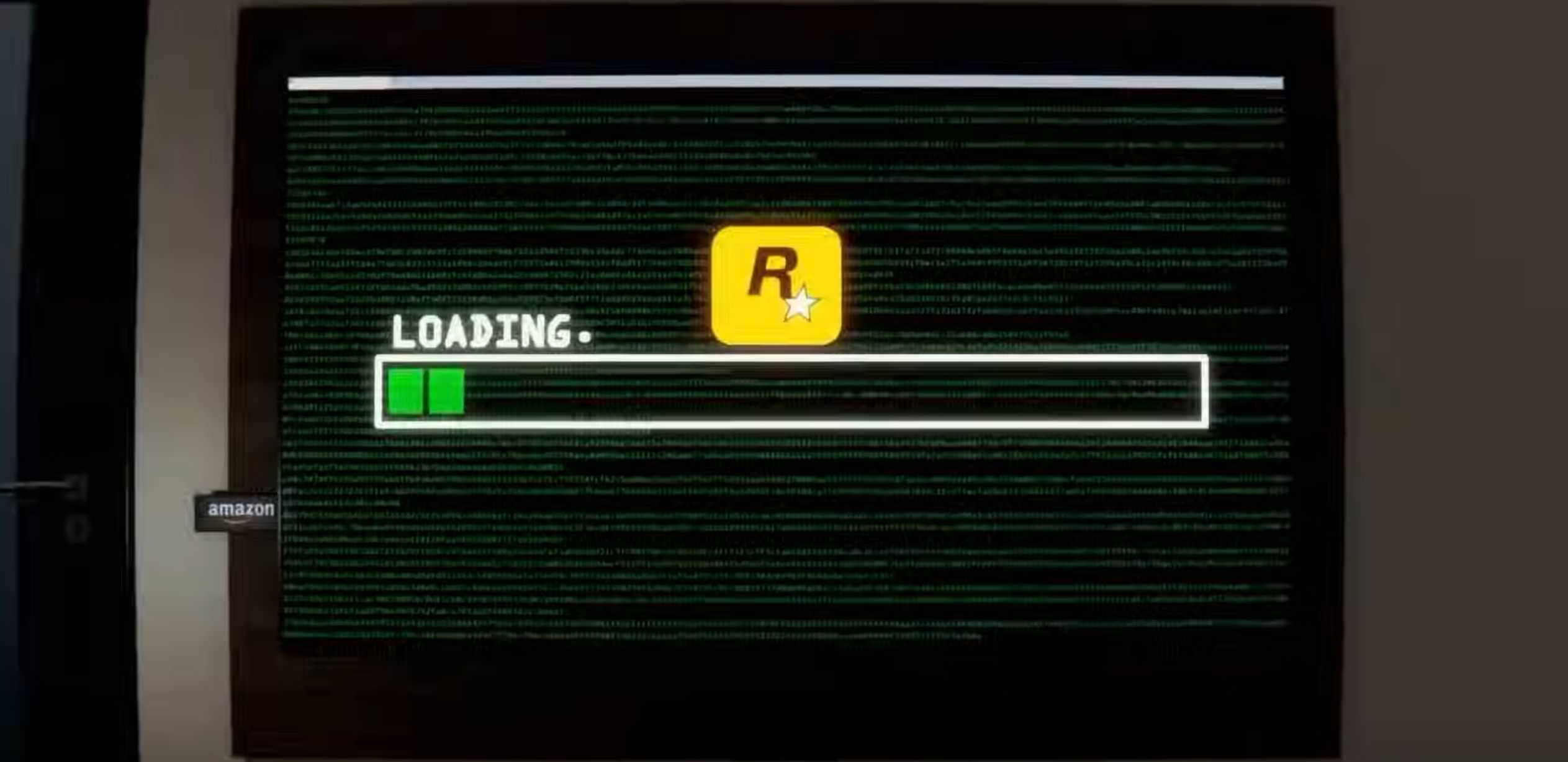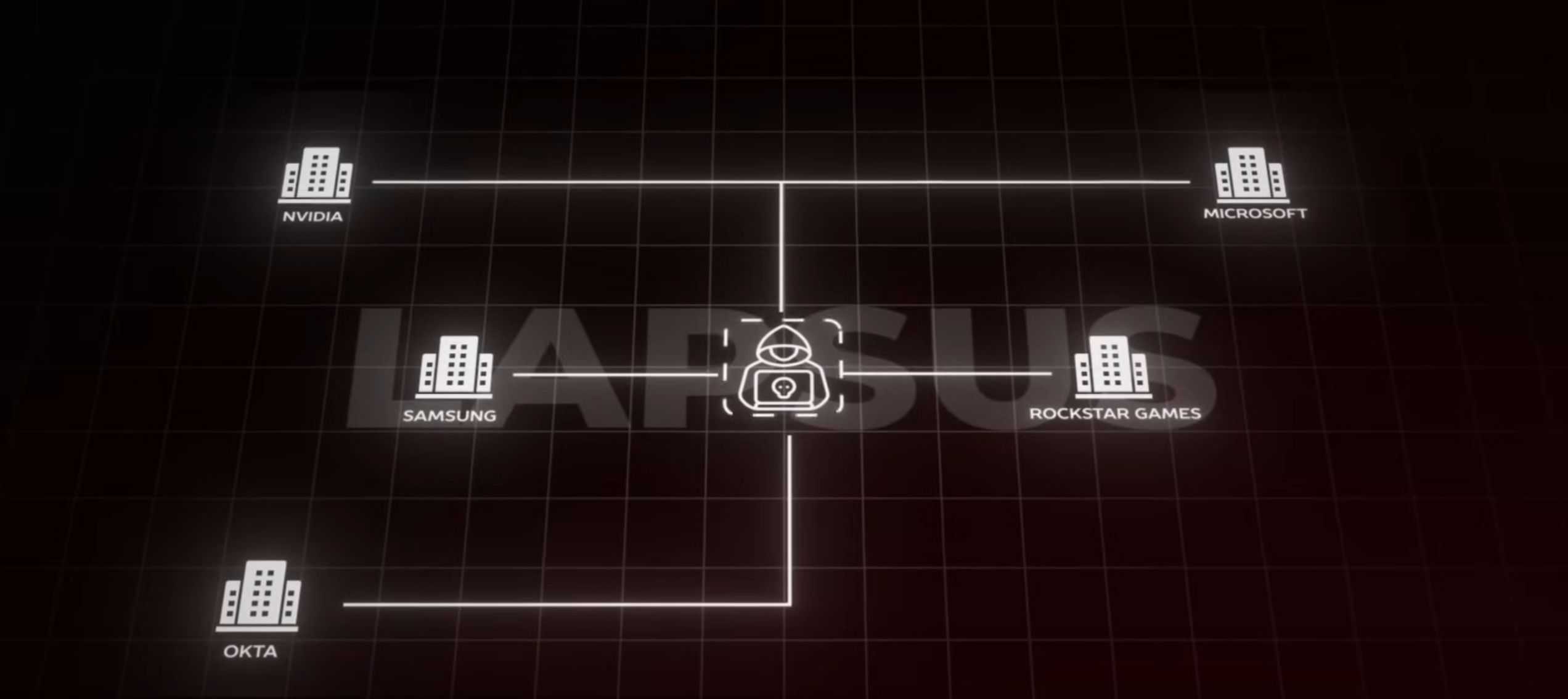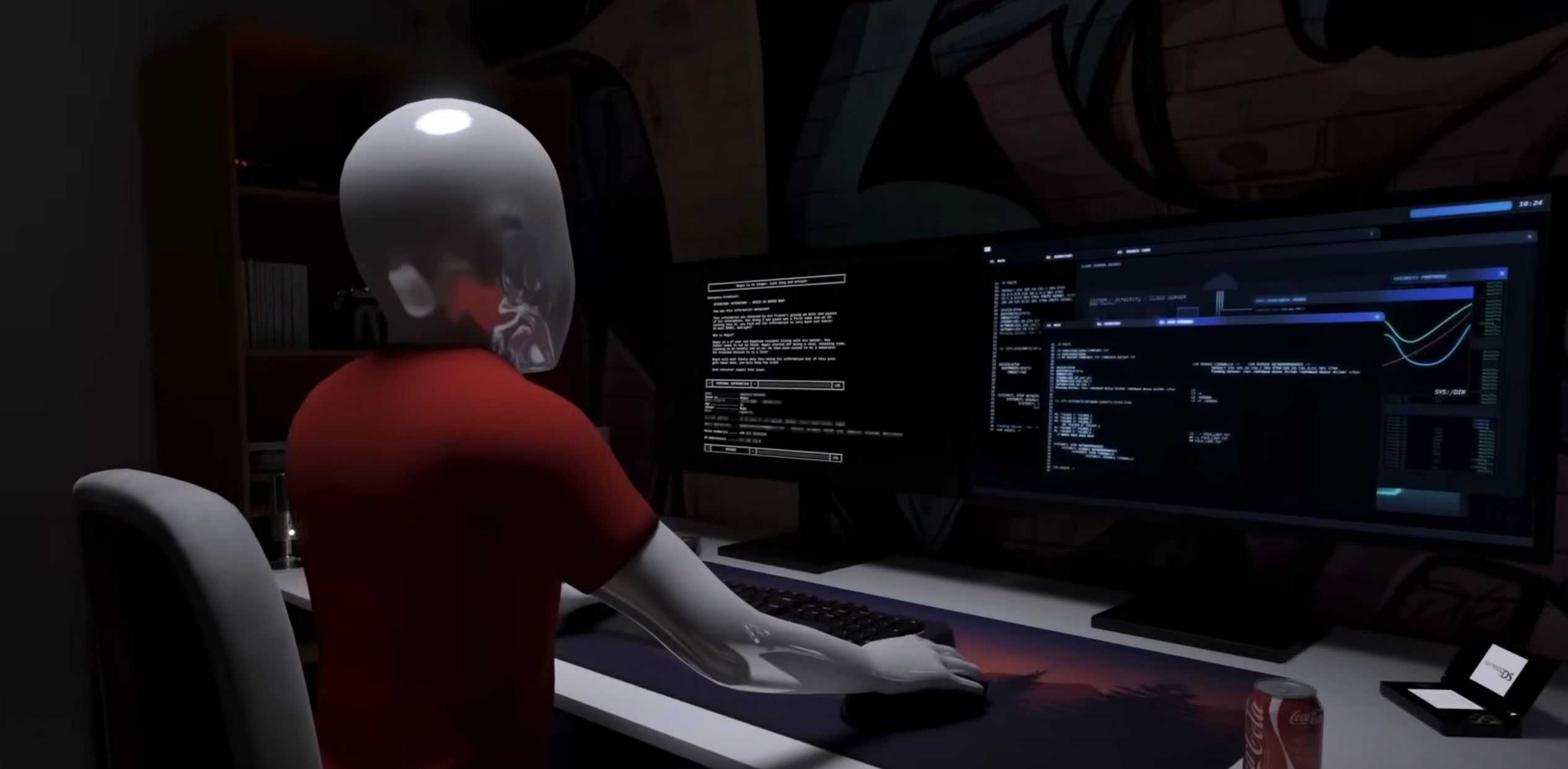
Hacking GTA 6: How a Kid Exposed Rockstar Games
In September 2022, as the sun set over New York City, Rockstar Games’ headquarters buzzed with the anticipation of developing what promised to be the gaming release of the decade, Grand Theft Auto 6. But inside those walls, a routine evening turned into chaos when an unprecedented breach exposed one of the industry’s most closely guarded secrets.
The culprit? A 17-year-old hacker from Oxfordshire, England, whose audacious actions would make global headlines and leave a permanent mark on cybersecurity history.

From Minecraft Hacking to Mastermind: The Rise of Arion Kurage
Arion Kurage, the young hacker behind the breach, didn’t fit the profile of a criminal mastermind. Diagnosed with autism and ADHD, he found solace in his PC, video games, and bike rides. At just 13, he began exploring the boundaries of digital manipulation, starting with game cheats and evolving into more complex exploits.
By 15, Arion was hacking random websites, immersing himself in underground hacking communities. His skills grew rapidly, and in 2021, he co-founded the group Infinity Recursion. The group specialized in SIM-swapping schemes and fake subpoenas to extract sensitive information, often targeting cryptocurrency holders. Despite their success, the group dissolved, leaving Arion craving the spotlight.

The Birth of Lapsis and the Pursuit of Infamy
Arion’s thirst for recognition led to the formation of Lapsis, a new hacking collective that would become infamous for targeting high-profile organizations. Their first major exploit in late 2021 involved hacking Brazil’s Ministry of Health, replacing critical services with a ransom demand. Despite recovering from backups, the attack signaled Lapsis’s bold ambitions.
Unlike traditional cybercriminals, Lapsis exploited human vulnerabilities. Through phishing schemes and social engineering, they infiltrated corporate networks with alarming ease. By 2022, the group had targeted giants like NVIDIA, Samsung, and Okta, even breaching the latter, a cybersecurity firm, without stealing data, purely to prove their capabilities.

The Rockstar Games Breach
By mid-2022, Arion set his sights on Rockstar Games. Using a combination of phishing and social engineering, he gained access to internal Slack channels and sensitive game development files. With a single click, he leaked Grand Theft Auto 6 footage and source code online, upending Rockstar’s carefully planned promotional campaign.
The leak sent shockwaves through the gaming industry. Within days, the FBI raided Arion’s hotel room, seizing his equipment. Despite being released on bail, he couldn’t resist returning to cybercrime, which led to his ultimate capture.

Legal Fallout and the Uncertain Future
Arion’s age and mental health complicated his legal battles. In 2023, a court ruled him unfit for trial due to his autism spectrum disorder. While guilty, he couldn’t be convicted of criminal intent, leaving him with potential psychiatric care or community service as sentences.
Rockstar Games reportedly spent $3.5 million addressing the breach, and Lapsis’s activities caused millions in damages worldwide. While the group has since gone quiet, many believe its members continue operating under different aliases, more cautious than before.

Lessons for the Digital Age
The Rockstar Games breach highlights the evolving landscape of cybersecurity threats, where lone actors with modest resources can bring billion-dollar companies to their knees. It underscores the importance of not just technical defenses but also robust training against social engineering tactics.
As Arion Kurage’s story unfolds, it serves as both a cautionary tale and a stark reminder of the potential consequences of unchecked ambition in the digital realm.

